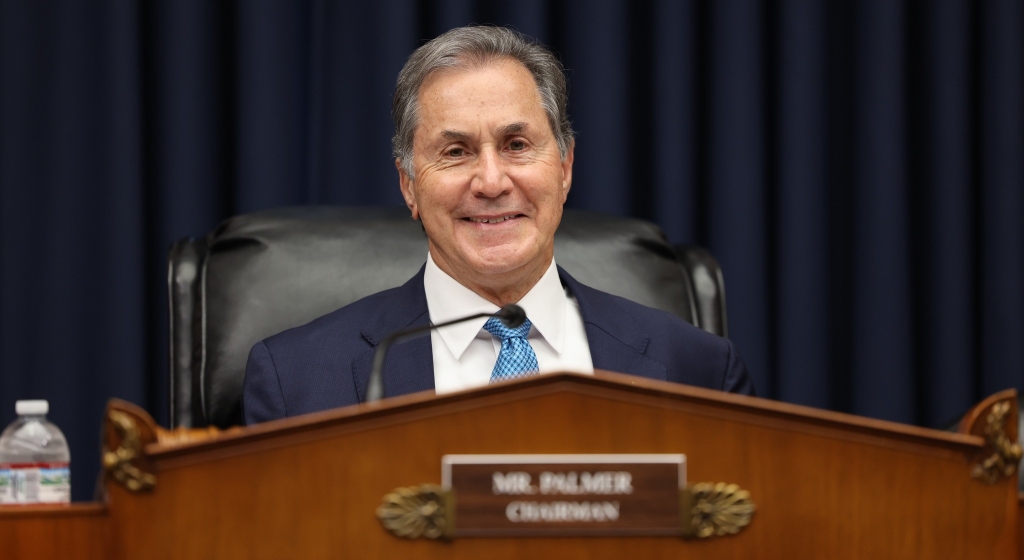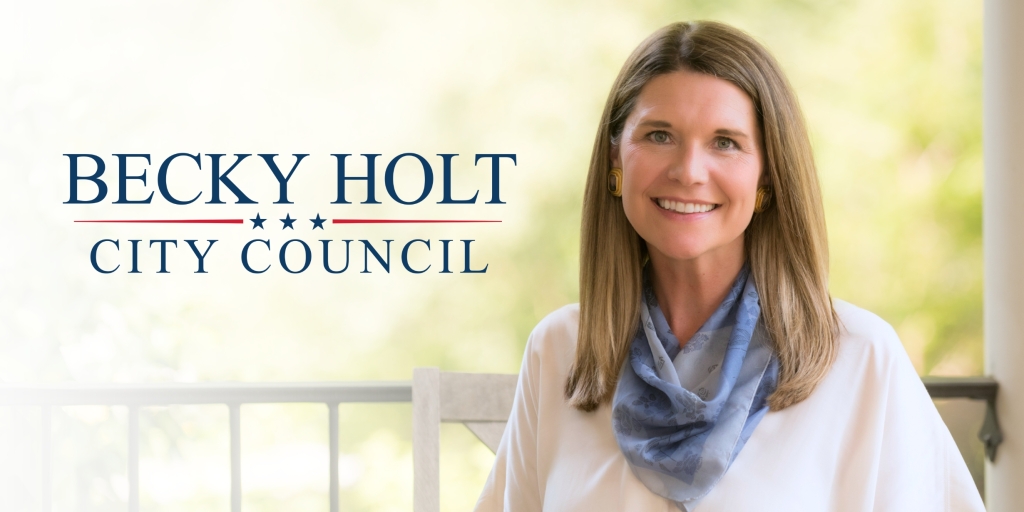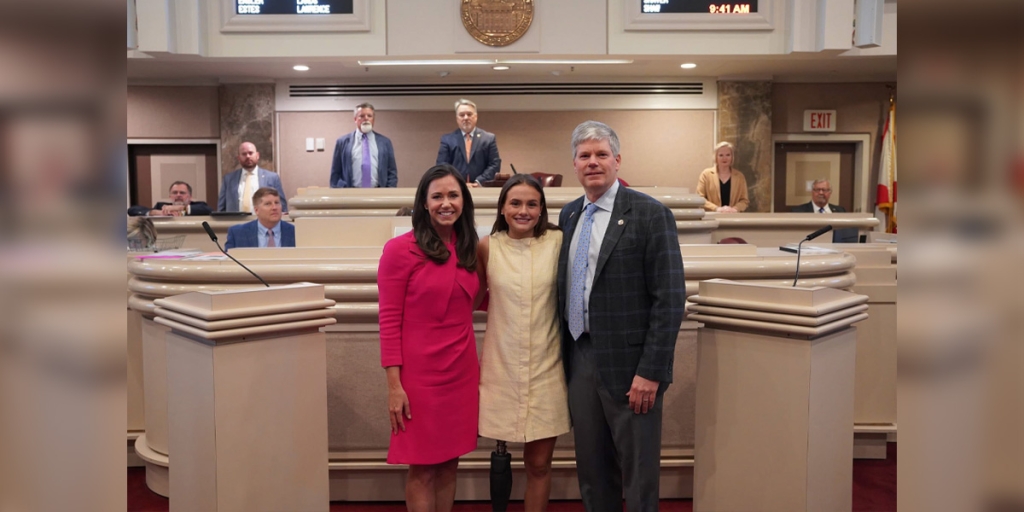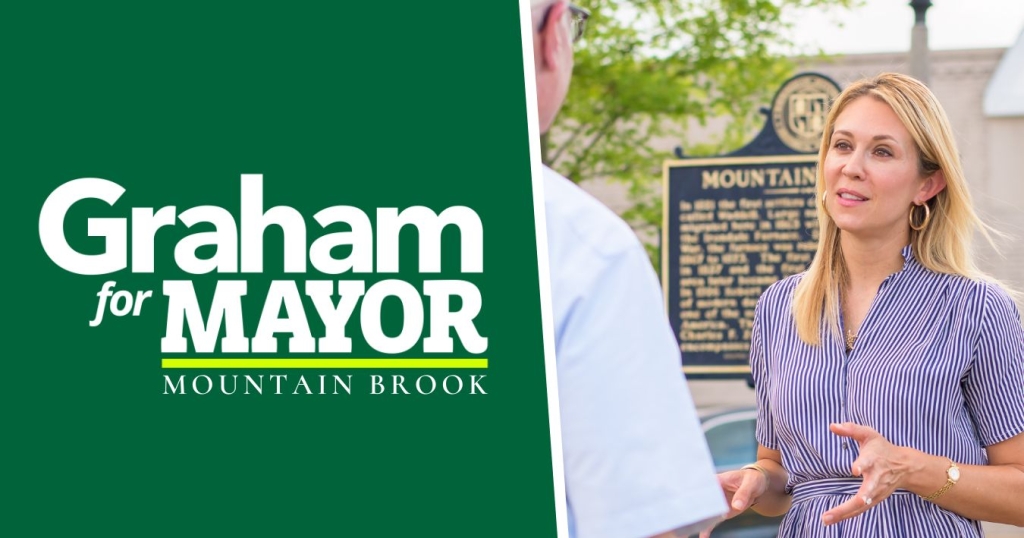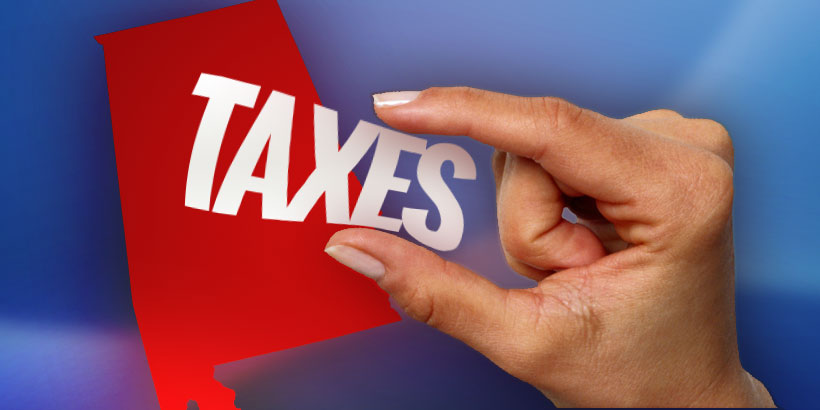
HOOVER, Ala. — Taxes are on the minds of officials at all levels in the state. Governor Bentley’s proposal to raise taxes to fill the $250 million General Fund shortfall is well known, but under the radar several municipalities are attempting to raise revenue through increased lodging taxes.
Lodging taxes, sometimes referred to occupancy taxes, are charged to hotel guests as part of their payment for their stay. Birmingham suburbs are looking to raise it in order to increase revenue for “economic development.”
Hoover’s rate is currently at 3 percent, but the City Council is considering a proposal to double that number to 6 percent. The overall effective tax rate on Hoover guests, taking into account state, county, and municipal taxes, would be 17 percent, good for top ten highest lodging tax in the country.
For politicians, lodging taxes appear to be a win-win. They get to bring in more money for projects but their constituents are not footing the bill. However, like any other tax, simple economics show that occupancy charges can have an adverse effect on the economy.
Hoover currently enjoys what economists call a competitive advantage over other cities in the state on lodging tax rates. If Hoover’s effective rate increases to 17 percent, it would lose its advantage over Mobile, Huntsville and hotels in similar markets in other states when it comes to booking convention business.
But it’s not just conventions. The city could feasibly lose daily stays from the average traveler to hotels in the cities of Calera, Fairfield, Gardendale, Mountain Brook, Trussville and Vestavia Hills, all of which would have lower lodging taxes if Hoover goes forward with its proposed increase.
For the politicians who think that an increase will not effect their own residents, there are indeed direct impacts outside the indirect loss of business to other towns that hit everyone. Hoover citizens and businesses would also pay the higher tax rate to rent rooms at hotels for meetings and events such as weddings, proms, banquets and class reunions.
At a public council meeting Monday night, in which a vote on the tax was postponed, Hoover Councilman Brian Skelton said the proposed lodging tax increase is expected to generate about $1.7 million a year in new revenue for the city. He noted that the extra 3 percent in taxes would be earmarked for capital projects or debt for capital projects.
Skelton also said that Hoover’s tax of 6 percent would still be half a percentage point below Birmingham’s. But Hoover’s price-tag would, at that point, surpass nearby Mountain Brook and Vestavia Hills, and other cities which are only a short commute away.
Hoover’s neighbor Pelham is considering a similar proposal. Its council wants to mirror Hoover’s doubling of their 3 percent rate to “support the general operations of the City of Pelham, the Pelham Commercial Development Authority, and the employment of an economic development professional as directed and appropriated by the City Council,” according to the proposed ordinance.
City Council President Rick Hayes believes that increasing taxes will help businesses.
“The conversation on this for a long time has been the employment of the full-time economic development professional who can significantly help with bringing in business and can actively, proactively, go out and help businesses,” Hayes said of businesses whose customers will now be paying double in city lodging tax.
The Pelham City Council plans to approve the tax hike at its next meeting on Aug. 3, which would become effective Oct. 1. Hoover postponed their vote on their potential increase until two weeks from Monday.




